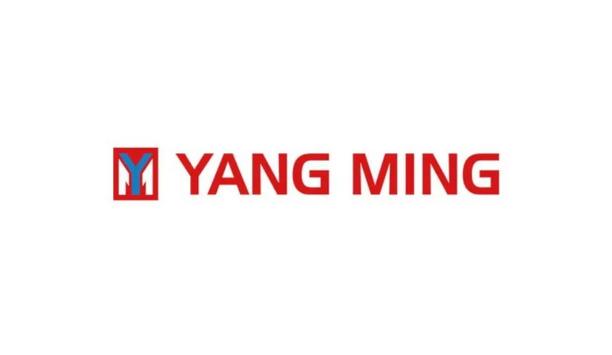Navies around the world are becoming increasingly aware that they will also be affected by the decarbonisation challenge facing the maritime world. However, to fulfil their defensive purpose, naval vessels must also meet specific requirements which add complexity to their search for the most sustainable fuel types.
Despite navies not being subject to the same scrutiny as the commercial shipping industry, they are nevertheless coming under growing societal pressure to reduce their environmental footprint.
Potential global challenges
Furthermore, they will need to face potential global challenges affecting logistics and, therefore, fuel availability. This has implications for the design of future naval vessels; developing ‘green’ drop-in fuels alone may not be sufficient, concludes a new white paper titled ‘Alternative Fuels for Naval Vessels,’ published by DNV.
Furthermore, they will need to face potential global challenges affecting logistics
While the scientific and practical advancements made in developing and testing alternative fuels and propulsion technologies for private sector shipping are of great value to the military, combatant naval vessels must be able to operate under direct threat, at high speeds, and for extended periods of time without refuelling.
Solid decision support
“Alternative fuels are the most effective measure to fully decarbonise in the future, but practical considerations such as logistics, fuel availability, fuel change flexibility and design impacts are critical factors in determining the feasibility of the different low- or zero-carbon fuels for the naval segment,” said Christian von Oldershausen, DNV Maritime Segment Director for Navy. “The new paper evaluates different fuel options to provide a solid decision support for newbuilds and vessels in operation.”
Jan Christian Kaack, Vice Admiral, Chief German Navy, Commander Fleet and Supporting Forces, added: “This white paper provides an excellent starting point for us to work together to protect our environment and at the same time ensure the operational readiness of our navies.”
Travelling shorter distances
Special attention is given to the unique operating patterns of submarines and the resulting requirements
The white paper is based on a wide range of public-domain information sources as well as a survey conducted among 130 stakeholders from 12 countries to ascertain current trends and expectations.
It summarises recent technology developments; discusses current and emerging fuel choices including their pros and cons, as well as their technical and military implications; looks at other carbon abatement and efficiency enhancing measures; and analyses the current navel fleets and their respective uptake of alternative fuels. The authors differentiate between the needs of combatant vessels and those of auxiliary, non-combatant ships, which usually operate closer to shore and travel shorter distances. Special attention is given to the unique operating patterns of submarines and the resulting requirements.
Adopt alternative fuels
The document sees significant potential - especially for non-combatant ships - to adopt alternative fuels which are available today and increasingly used by the merchant fleet. In the survey conducted for this white paper, more than 83% of respondents saw biofuels as a more realistic option for naval ships than ammonia, methanol, hydrocarbons or other power sources.
The paper also explores the advantages and disadvantages of nuclear propulsion, which has been used by the United States Navy for decades because of the speed and endurance it gives to combatant vessels.











